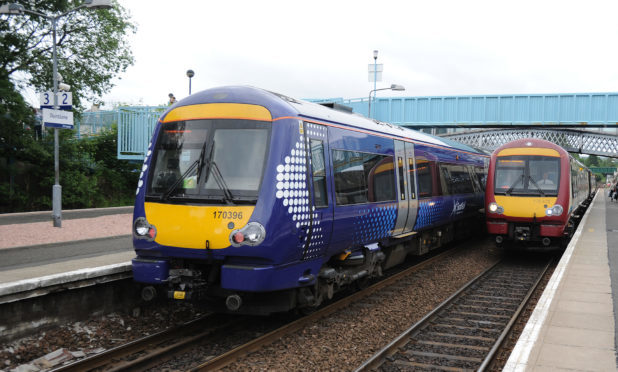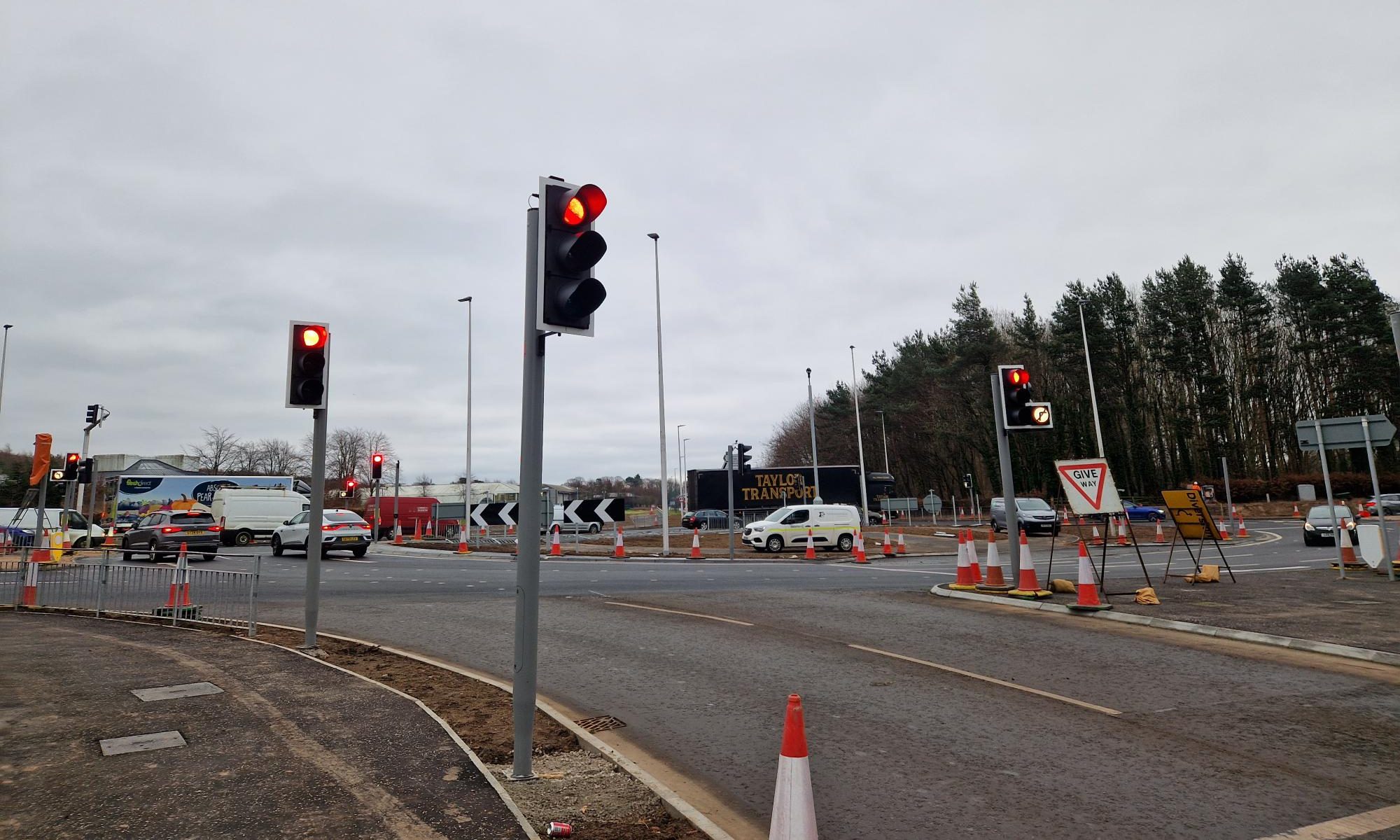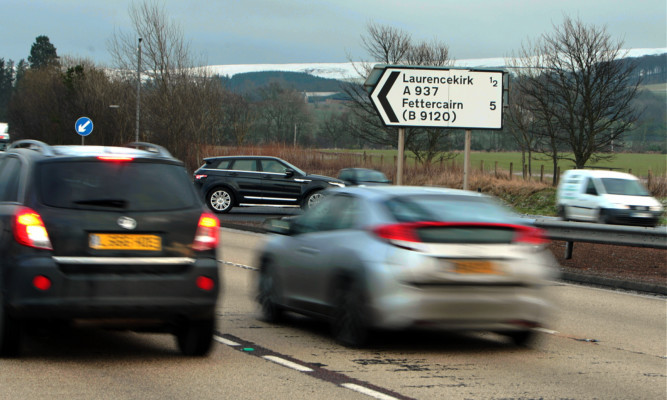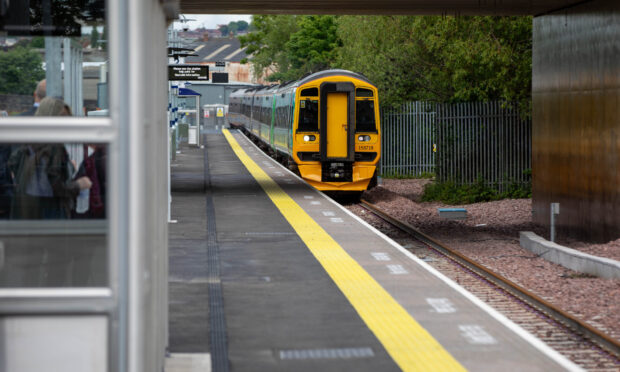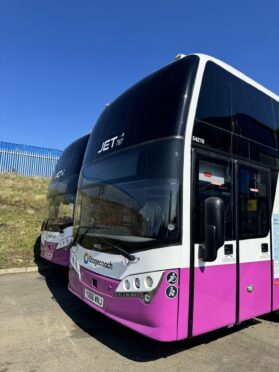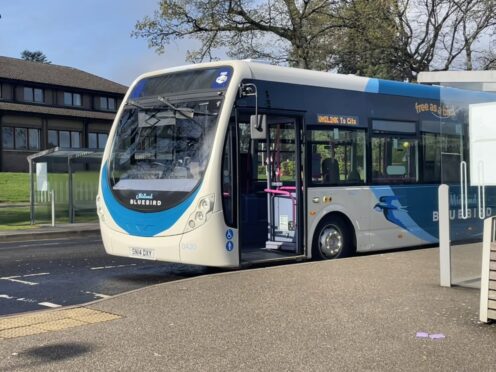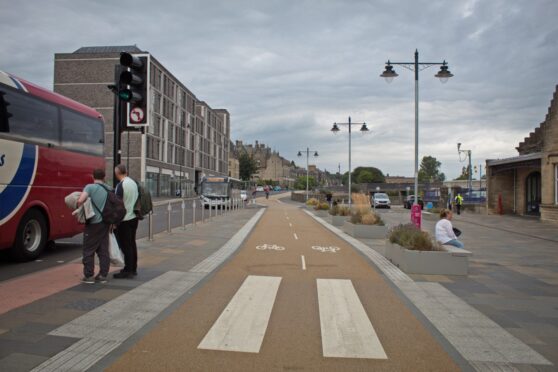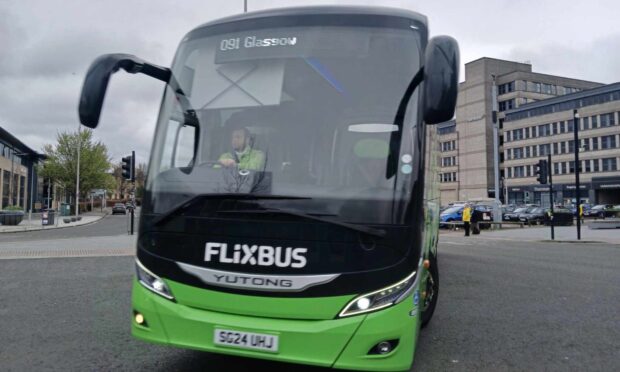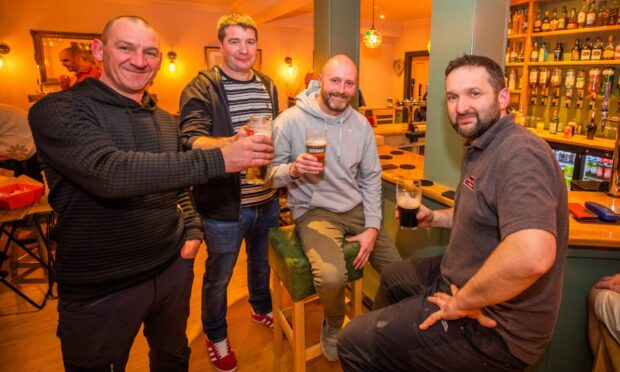Railway bosses have agreed to halt noisy track work at Dunblane after complaints it could drown out an evening of quiet reflection to mark the anniversary of Scotland’s worst school shooting.
Network Rail is working on an electrification of the line between Dunblane and Stirling.
The operation, which began in January, involves loud piling work and the installation of concrete foundations.
The train authority was approached by concerned residents in Dunblane who were worried that the work would continue as planned on March 13 — the 22nd anniversary of the local school shooting which left 16 children and one teacher dead.
Network Rail was told that there were no formal plans for the anniversary, but local families traditionally remembered the tragedy in their own way, privately at home.
A spokesman for the company has now confirmed that work will not be carried out in Dunblane at the time of the anniversary.
“The Stirling-Alloa-Dunblane project team has suspended piling works in the area on the March 12 and 13 at the request of a member of the local community,” he said.
“We will not be undertaking any night-time activity on the electrification project in Dunblane on those dates.”
The move has been welcomed by Mid-Scotland and Fife MSP Alexander Stewart.
He said: “I commend Network Rail on their decision to suspend the piling works over March 12 and 13.
“This is a sad and poignant anniversary which means so much to people in the Dunblane community and it is right to offer the occasion the respect that it deserves.”
Preparation work on the Stirling/Alloa/Dunblane line began in 2012. It is expected to be completed before the end of the year.
Overhead power lines will be installed along the six-and-a-half mile route. This will then make way for the introduction of the Class 385 electric trains.
The new trains, designed to provide better service for Central Belt passengers, will be faster with more seats.
As part of the upgrade buses will replace all trains on the route between Stirling and Alloa from Sunday, March 17 until Sunday, April 15.
Engineers will be working night and day to install the overhead power lines and equipment.
Following the 1996 shooting in Dunblane, a group called the Gun Control Network was founded with the backing of some parents of the victims.
The Snowdrop Petition was launched to rally support for a crackdown on handguns in the UK and, less than a year after the shooting, John Major’s government introduced legislation to ban handguns over .22 calibre.
In November 1997, the new Labour government extended the ban to cover all handguns.
The changes have been hailed by gun control campaigners in America.
